Best Vitamin D3 Rich Foods for Vegetarians
By Dr. Malavika Athavale +2 more

Get,

to manage your symptom
Get your,


4 Cr+ families
benefitted

OTP sent to 9988776655



You’ve successfully subscribed to receive
doctor-approved tips on
Whatsapp

Get ready to feel your best.

Hi There,
Download the PharmEasy App now!!


Register to Avail the Offer
Send OTPBy continuing, you agree with our Privacy Policy and Terms and Conditions

Hi There,
Sign up on PharmEasy now!!
Trusted by 4 crore+ families

OTP sent to 9988776655



You have unlocked 25% off on medicines




Code: NU25
By Dr. Malavika Athavale +2 more
Table of Contents
Vitamin D3 is an essential nutrient that plays a crucial role in maintaining overall health1. However vegetarians often find it challenging to obtain sufficient amounts of Vitamin D3 through their diet2. In this article, we will explore the importance of Vitamin D3, its various sources, and tips for incorporating it into a vegetarian lifestyle. Lastly, we will answer some frequently asked questions regarding this topic.
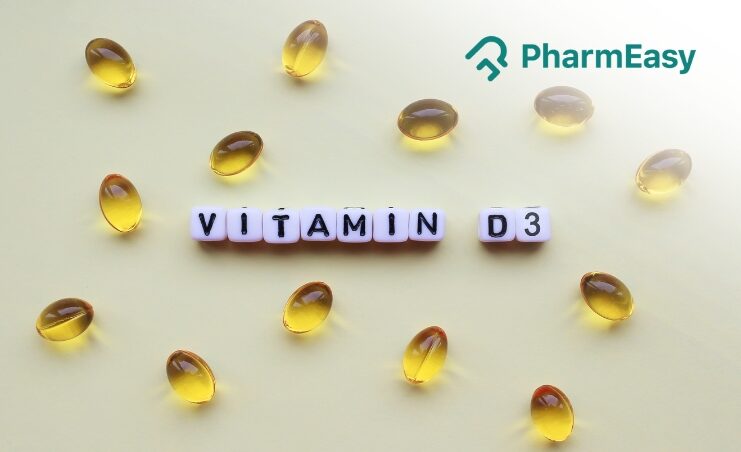
Vitamin D3 is important for the body as it supports several functions in the body, including1,2:
Knowing the difference between vitamin D3 and vitamin D2 is critical when looking at vegetarian sources of this key nutrient. Although both forms can be absorbed and used by the body, vitamin D3 is more potent and effective at increasing vitamin D levels in the body. Also, many foods contain either vitamin D3 or D2 and not both3.
Vitamin D3 provides several science-backed health benefits. From supporting strong bones to potentially lowering the risk of chronic diseases, it plays an essential role in overall health and well-being.
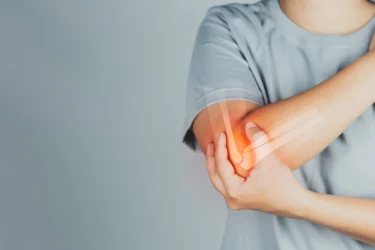
Vitamin D3’s main function is to maintain and boost bone health. It does this by aiding the absorption of calcium and phosphate.

Vitamin D3 plays a key role in your immune system. It may safe-guard you against infections and long-term inflammatory diseases.

Studies suggest that vitamin D3 may support mood regulation and overall mental well-being. Many studies have found a link between low vitamin D levels and a higher risk of depression. Adequate levels of vitamin D3 may help reduce symptoms of depression5.

Some research points to a link between adequate vitamin D3 levels and weight loss efforts. While its exact role is not fully clear, vitamin D3 may help regulate appetite and support fat metabolism, which could help in managing weight6,7.
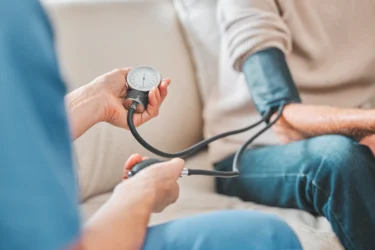
Vitamin D3 may help lower the risk of several long-term conditions, including high blood pressure, multiple sclerosis, and diabetes mellitus.

Sunshine is the best natural source of vitamin D3. Your skin makes vitamin D3 when it’s exposed to sunlight. Several aspects can affect this process though, such as your location, the season, your skin tone, and even your age. To get enough vitamin D3 from sun exposure, aim to get around 10-30 minutes of direct sunlight on your face, arms, legs, or back at least twice a week.

Mushrooms can make vitamin D3 when they’re exposed to UV light. Mushrooms like maitake, shiitake, and chanterelle are high in vitamin D38. You can add these mushrooms to your soups, salads, or stir-fries.

For vegetarians who eat eggs, egg yolks are a good source of vitamin D3. Egg yolk contains about 5.4 mcg/100 gram of vitamin D3, which can be enhanced by changing a hen’s diet and sun exposure. Choose eggs from hens that take a vitamin D-rich diet or spend time outdoors

Cheese provides another source of vitamin D3 for vegetarians who eat dairy products. Cheeses like fontina, monterey, and cheddar contain vitamin D310.
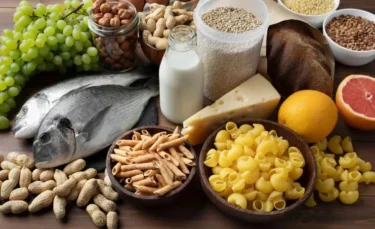
Fortified foods can play an important role in helping you meet your daily vitamin D needs. Many manufacturers add vitamin D2 or D3 to products such as plant-based milks (like soy, almond, or rice milk), orange juice, and breakfast cereals. Always check food labels to confirm if vitamin D has been added1.
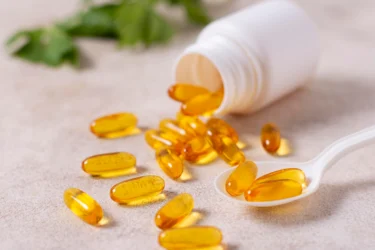
Supplements can be a reliable source of vitamin D3, especially for individuals who may not get enough through diet or sunlight. This is particularly helpful for vegetarians or those with limited sun exposure. However, it’s important to consult your healthcare provider to determine the right dose for your needs1.
Vitamin D fortification is an option for soy-based tofu, just like it is for soy milk and soy yoghurt 120 grams of fortified tofu provides 180 IU of vitamin D or around 12 per cent of the daily required consumption. To my knowledge, fortified or not, tofu is also a fantastic source of iron, calcium, and protein. For a lot of vegans and vegetarians, it might become their main source of protein13.
Dr. Siddharth Gupta, B.A.M.S, M.D (Ayu)
Vitamin D3 needs vary depending on age, life stage, and individual health factors. The following are general daily recommendations for different age groups1.
These values are general guidelines, your actual needs may differ based on diet, sun exposure, medical conditions, and other lifestyle factors. Always consult your healthcare provider before making changes to your vitamin D intake.
Not getting enough vitamin D3 can lead to health problems. Some common signs of vitamin D deficiency include fatigue, muscle weakness, weak bones, and stunted growth in children.
The risk factors for vitamin D3 deficiency can include limited sun exposure, darker skin pigmentation, living at high altitudes or latitudes, and certain health issues. Always speak to a healthcare provider if you think you have a deficiency11.
Also Read: Top High Protein Vegan Foods You Should Eat
Keep an eye on your vitamin D levels and aim to stay within a healthy range. If you suspect a deficiency or are considering adjusting your vitamin D3 intake, speak with your healthcare provider. Long-term strategies may include spending time in sunlight, eating more vitamin D-rich foods, and using supplements if recommended by your doctor.
Getting enough vitamin D3 is important for maintaining overall health. You can support your levels through sensible sun exposure, a balanced diet, and supplements, if advised by your doctor. Always consult your healthcare provider to determine the right intake and approach for your individual needs.
Also Read: Food Items To Include In Your Diet If You Have Varicose Veins
UV-exposed mushrooms are a top source of Vitamin D3 for vegetarians12.
Non-vegetarians often look to cod liver oil, fish, and shellfish for Vitamin D3. Yet, UV-exposed mushrooms can be a vegetarian-friendly alternative1,12.
Eating foods high in healthy fats, like avocados, nuts, seeds, and olive oil, may boost the absorption of fat-soluble vitamins like Vitamin D31.
Vitamin D2 is helpful but generally less potent and has a shorter duration of action than D3.
Yes, excessive intake of vitamin D3 from supplements can lead to toxicity, causing nausea, kidney problems, or high calcium levels. Always follow your healthcare provider’s guidance.
Disclaimer: The information provided here is for educational/awareness purposes only and is not intended to be a substitute for medical treatment by a healthcare professional and should not be relied upon to diagnose or treat any medical condition. The reader should consult a registered medical practitioner to determine the appropriateness of the information and before consuming any medication. PharmEasy does not provide any guarantee or warranty (express or implied) regarding the accuracy, adequacy, completeness, legality, reliability or usefulness of the information; and disclaims any liability arising thereof.
Links and product recommendations in the information provided here are advertisements of third-party products available on the website. PharmEasy does not make any representation on the accuracy or suitability of such products/services. Advertisements do not influence the editorial decisions or content. The information in this blog is subject to change without notice. The authors and administrators reserve the right to modify, add, or remove content without notification. It is your responsibility to review this disclaimer regularly for any changes.
Comments

Leave your comment...
You may also like
Comments